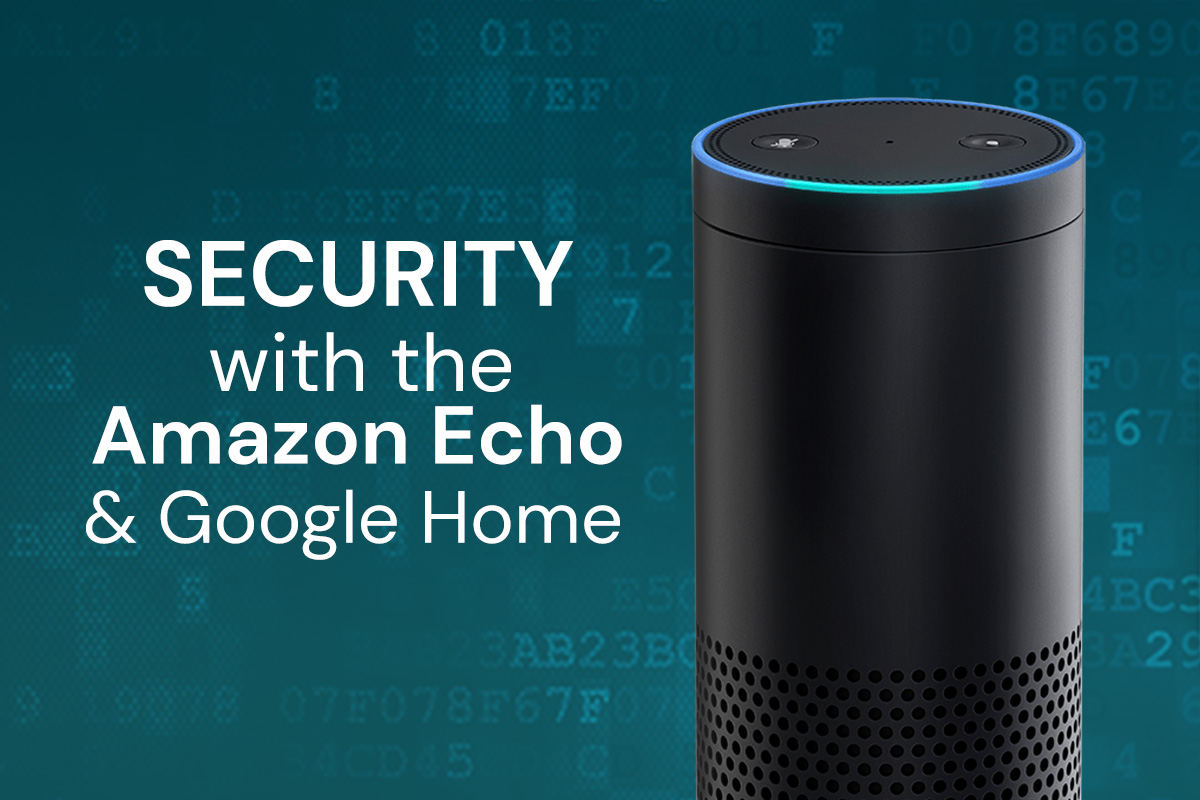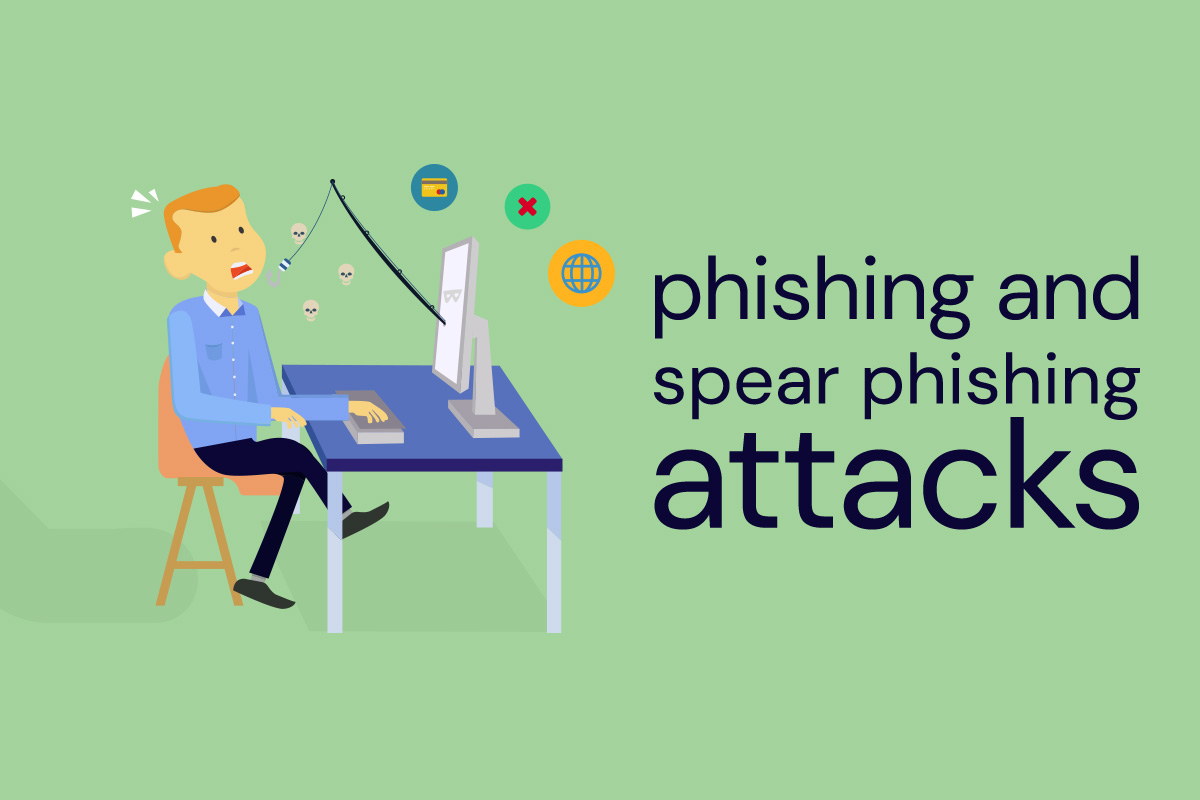A lot of us gave and received Amazon Echoes for the holidays, and now in the news, there’s a story about police trying to use it as evidence in a murder investigation in Arkansas. So are we having buyer’s (or recipient’s) remorse? Most people are rightly squeamish about the idea of listening devices taking up residence in their homes. But the fact is that we’ve already given up privacy in exchange for convenience, over and over. Do you browse all websites in “incognito” mode? Do you let Amazon and Google track your history, or record your life happenings on Facebook? Do you have a piece of electrical tape over your webcam? (We admit that we do for that last one. And we’re not alone—Mark Zuckerberg does it too.
Is the Amazon Echo (or Google Home) Listening to Everything You Say?
Well, yes. The Echo does wake up when you say the word “Alexa.” But it is listening for that wake word at all times, unless you have specifically muted the Echo using the mute button located on top of the device. Otherwise, it is NOT recording every sound made in your house, but it IS recording audio clips of your voice requests after you say the activation words. It sends those files to a remote server to process the data and formulate its response. You can easily see and play those recorded clips in your Alexa app. Just go to Settings > History. The clips are saved by default, and will remain there if and until you manually delete them.
How Secure Are These In-Home Assistants?
Let’s just lay it out there: it’s not completely impossible for Amazon, or Apple, or Google to get hacked. But each of the major players does have serious security measures to combat hacking.
Amazon Echo: The audio sent from your house to Amazon’s data centers is encrypted. Even if your home network were to be compromised, it’s not very likely that a hacker could use your Echo as a listening device. You’re probably at greater risk that an unsavory element could get hold of your Amazon password and would have access to your audio requests… and your Amazon purchase history for the last 10 years or so. This doesn’t worry me personally too much. If a hacker were to know that I asked Alexa how many teaspoons are in a pint, I won’t be devastated.
Google Home Assistant: Google Home promises more functionality than the Echo, though some of these features are a bit down the road. Eventually the idea is that the Assistant can grab data from your day-to-day activities to suggest places and things you might like… with help from your Android devices and of course your browsing history. There’s a novel by Dave Eggers called The Circle that imagines the consequences of this privacy trade-off, and they’re not pretty.
The Google Assistant aims to provide a lot more functionality than the Echo by being linked to your searches and habits. As a result, you’re likely to depend on it for the kind of un-self-conscious searches you might perform on your browser. And where you might have a habit of deleting your browser history, it’s less likely that you’ll think to delete your Google Assistant search history. And even if you do delete it, is it still stored somewhere in Google’s data centers? We don’t really know definitively.
We do know that with Google Assistant, you can tell it to stop listening and it will disable the microphones. Alexa can’t do that.
Google makes money by advertising. But you can’t have both privacy AND a fully functional Assistant. Google is fairly vague about what data it can extract from your Assistant, though we are told that the data is encrypted (like the Echo’s) during the transmission to and from its data centers. We do not know how much data there is or how long it stays on Google’s servers. Think about this: Google AdWords does offer “store visit data,” which tracks how many people click on a Google ad and later visit a store. That data is anonymized, so that it’s not possible to track a particular user, but this feature is one of Google’s more problematic ones in terms of user privacy.
Back to That Murder Investigation…
So, there’s been a lot of talk about an Echo being used to aid in a murder investigation, and Amazon is refusing to provide access to user data. But what news outlets have not been reporting is that it’s quite unlikely that any of that user data will be helpful. Unless the murderer or victim said the wake word “Alexa” during or just before the crime was committed, no audio clips will have been recorded.
If you really have an issue with privacy, you’ll have to wait for a device which can process your commands locally. But for most people, a device like the Echo is fairly inoffensive.
Questions? Contact us any time!






